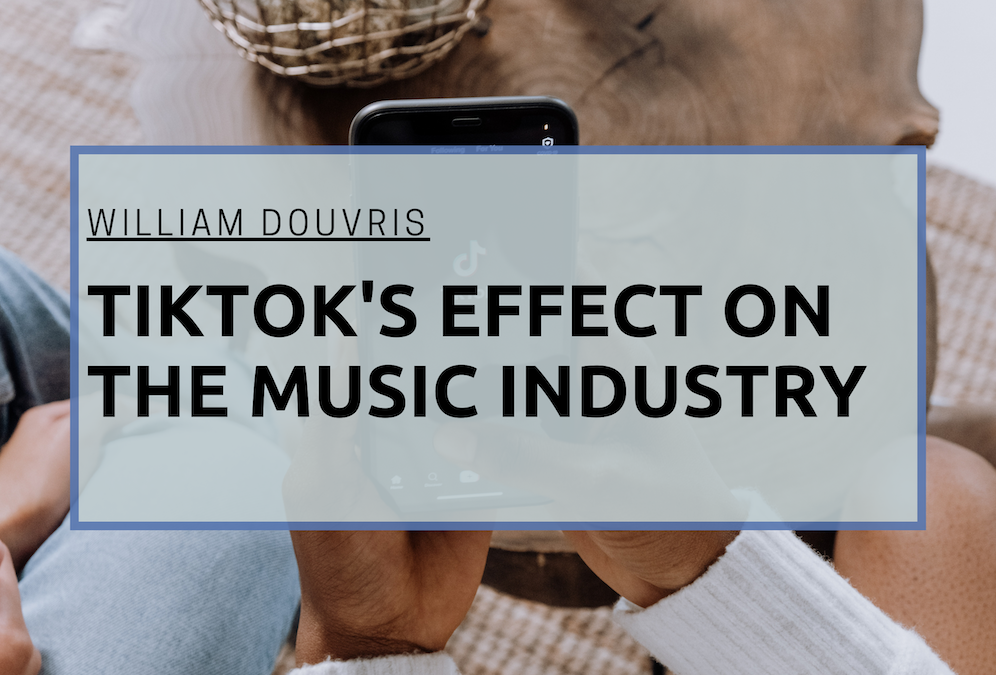TikTok has had a major impact in the music industry, and not just in the form of a catchy tune. Instead, the app is changing the way that consumers interact with music altogether.
TikTok is an app that lets users create short videos on their phones and share them with the world. The app became wildly popular in 2018, and it looks like it’s here to stay. But how is TikTok changing the music industry?
How Does TikTok Work?
TikTok appeals to the short attention span of millions of smartphone users all over the world, allowing videos of between 15 to 60 seconds. Music is an essential part of creating videos on the platform, as it often goes along directly with the creative video content of the person posting.
TikTok Influences Music Virality
Virality is the tendency for a musical recording or video to get passed around so much that it “goes viral.” Essentially, TikTok provides a platform primed to make this happen. The first, and most popular example of a viral TikTok video is Lil Nas X’s one-hit-wonder, “Old Town Road,” which has now reached popularity of historic proportions.
In the past, musicians have turned to the avenues of public performance, record label sponsorship, and even getting featured on public playlists for popular online streaming sites. Now, there are millions of musicians (and non-musicians) just trying to go viral, and it’s partially due to TikTok.
Virality is influenced on the platform itself through the use of challenges and hashtags. A specific challenge may be to record a video of yourself doing a special dance to a specific song, and posting it. These posts are available to millions of people in one place because of the hashtags, and eventually get ranked by number of views. The more videos are posted, the more plays a song gets, and the more popular it becomes.
TikTok and the Future of the Music Industry
TikTok is a highly accessible platform for listeners to encounter new music. It features an intelligent, self-learning algorithm that bases future video suggestions on past interactions. That means that it may become easier than ever for new artists to find their niche audience, and for listeners to discover more music they enjoy.
